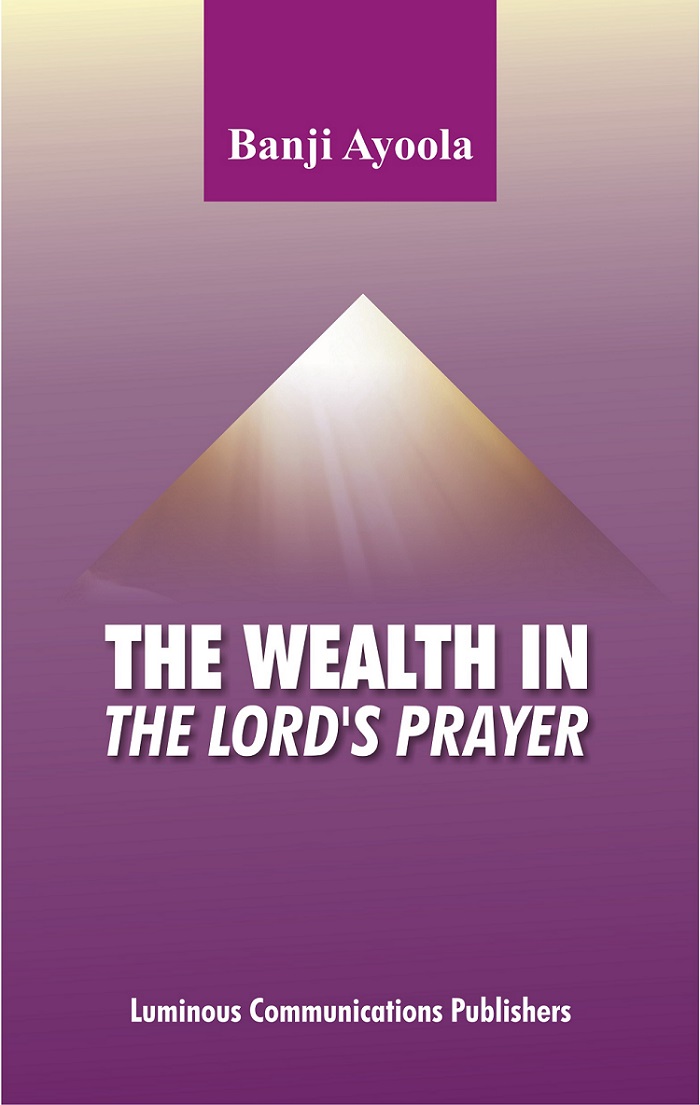Photo/facebook/GovernorNyesomEzenwoWikeCON
Two decisions of the Rivers State Government lately have put the entire state in very poor light to the point of the ridiculous. It is difficult to not read arbitrariness, vindictiveness, whimsicality and impulsiveness into these decisions.
The first decision is of the legislative arm, working in concert with the executive arm, to reverse, at a strangely convenient time now, the recognition, by a resolution of 30th June, 2015, of Sir Celestine Omehia as a former governor of the state. It is both sad and laughable. It is sad because that ‘recognition’ should never have happened in the first place. The Supreme Court had voided on October 25, 2007 the severely flawed ‘election’ of Omehia as governor and declared his six month stay in that office as unknown to law, this itself is a terrible impugnation of the conduct and integrity of his political party. If, as the highest court in the land pronounced therefore, Omehia was not ever a state governor, it is expected ipso facto, that all reasonable and law abiding persons, not to talk of lawyers and lawmaking bodies, cannot and should not, regard him as such, nor accord him the courtesies and entitlements due to a holder of that high public office. But the 2015 Rivers State House of Assembly, for reasons best known to it at that time, resolved in its ‘wisdom’ to override (some would say disrespect) the clearly expressed judicial opinion of the Supreme Court. The ‘reason’ has now been revealed. And it is simply and utterly derisible.
As explained (some would say rationalised) in a letter from the House of Assembly to and read by Governor Nyesom Wike, “The Leader of the House said they have better facts; and what are the facts? The facts are the Supreme Court judgment categorically stated that Sir Celestine Omehia was never a governor because he never stood for any election and that it will be inappropriate for their (Assembly) legacy that they didn’t respect the judgment of the Supreme Court.’’
It is unfathomably strange that a legislature that should make laws for the good governance of the state –including the upholding of the rule of law- can claim insufficient ‘facts’- whatever that means – as a justification to make a law that at the mildest ridiculed and at the worst denied within its jurisdiction the validity and applicability of a Supreme Court ruling. Pray, where were the lawyers in the House? If at all there was none – and this is inconceivable – where was the attorney-general of the state to advise the legislators? Where was the state branch of the Nigerian Bar Association to offer professional advice? Lawyers who are generally considered officers in the temple of justice. Given the roles that some played to treat a Supreme Court ruling with disdain, the legal professional body may wish to inquire into the propriety of the behaviour of concerned practitioners.
Wike who is a lawyer assented to this resolution. Did he, as he has done in this case of reversal, seek then the advice of the attorney-general, and what opinion did he receive? Wike said that this time “I had to call the Attorney General for him to give me his legal opinion as regards the resolution of the Assembly, and rightly the Attorney General said they (Assembly) are right; that in the first instance, the recognition was extra-judicial, that the Assembly has no power to change the judgment of any court, not to talk about the Supreme Court. So, people should understand and not to begin to play politics.” Very well, except that these narratives, taken together, sound untidy and unbelievable. It may be said though that if one is fiendishly determined on a course of action, no amount of reasoning will change the person’s mind. And so, the state lawmakers have returned, rightfully, Omehia to his proper standing in the eyes of the law.
The second decision was to first file criminal charges against two highly placed citizens of the state namely Tonye Cole and Rotimi Amaechi only to turn round and withdraw the charges. If in truth the government had a good and well prepared case, why would it not pursue it to recover what it claimed were proceeds of sold state assets worth billions of naira? As stated above, this smacks of arbitrary and impulse –driven conduct of state affairs. Granted that the state’s attorney general has powers, under Section 211 of the 1999 constitution, to commence, take over or discontinue criminal trial of any person, subsection 3 of that provision states that “in exercising his powers under this section, the attorney general of a state shall have regard to the public interest, the interest of justice and the need to prevent abuse of legal process.” In the circumstance, can Wike or his attorney general be said to have lived up to that constitutional requirement? Any way considered, we politicians should keep the judiciary out of their political shenanigans. What they are about cannot be said to be good for democracy and the rule of law that they purport to strive for.
Directly the entire state government has been put in a disreputable situation that is a product of a combination of pettiness, disrespect for the rule of law, and a betrayal of the oath sworn by its high officials. If the legislators erred from poor judgement or whatever motive, to have debate and pass such a resolution (on Omehia), how is it to be explained that the governor, as the ‘Chief Executive’ of the Rivers State, would sign it into law?
In the context of Nigeria’s politics of the immature, the motive for, at one advantageous time, ‘recognising’ Omehia and paying him huge sums in undeserved entitlement (which he collected without reservation), only to, at another advantageous time, discovering ‘better facts’ to reverse the decision is open to reasonable conjecture.
Similarly, the use of ephemeral state power to sue and ‘unsue’ as ‘the spirit of self-interest’ directs, hint, somewhat, at executive rascality. What goes round comes round. A governor today will be an ordinary citizen tomorrow and subject to the pettiness of the new man at the helm.
It should quickly be noted that the arbitrary decisions that defy judicial pronouncements is not peculiar to Rivers State. It may be recalled that, despite the legal decision of the late Justice Dolapo Akinsanya which nullified the existence of the so-called Interim National Government of Chief Ernest Shonekan, the Federal Government sustained the lie that there was such a contraption. We should remind political actors in this clime that genuine democracy can only be grounded firmly on a consistent respect of the rule of law, never on the shaky, shifty ground of the caprices of men.
The extant Constitution of the Federal Republic of Nigeria enjoins in many parts and in various expressions that persons and institutions entrusted with the conduct of state affairs act only in the best interest of the state and for the highest good of the greatest number. Indeed holders of high public office are under oath to discharge their duties ‘always in the interest of the sovereignty, integrity, solidarity, well-being and prosperity of the Federal Republic of Nigeria as well as preserve the Fundamental Objectives and Directive Principles of State Policy contained in the Constitution…’. The governor of a state is on oath to ‘not allow my personal interest to influence my official conduct or my official decisions…’ and that ‘I will abide by the code of Conduct…[and that] I will do right to all manner of people, according to law, without fear or favour , affection or ill-will…’ Both governors and legislators are also on oath to uphold the provisions of the Code of Conduct for Public Officers that, in the first paragraph says: ‘‘A public officer shall not put himself in a position where his personal interest conflicts with his duties and responsibilities.’’
Section 15 (5) provides that ‘The State shall abolish all corrupt practices and abuse of power’ and it is imperative on every public officer to, ‘to the best of his ability, preserve, protect, and defend’ this and other provisions of the Constitution.
One lesson from that self-demeaning but preventable ‘de-recognition’ of Omehia is that state assemblies must deliver themselves from the shackles of governors’ power and influence. They must live up to their self-designated honourable men and women by doing what the Constitution demands of them that they have also sworn to uphold.
Nigerian politicians in and out of public office should remember that power is transient, and that ‘situational politics’ dictated by personal interest and present convenience does not stand the test of time and of truth. For, on the long run, truth survives all forms of chicanery.
The Guardian







